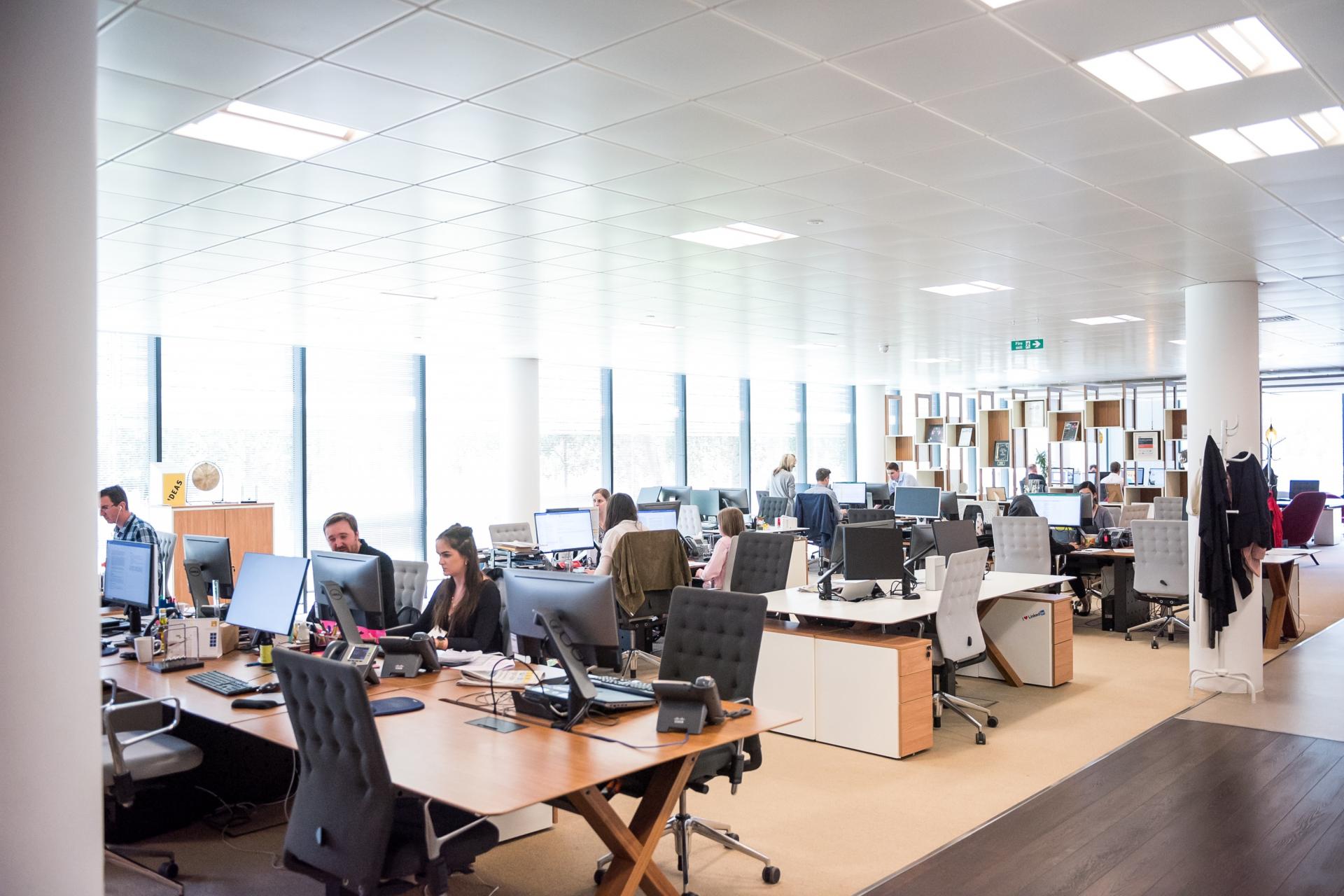Motus Recruitment Insights
How to build a strong workplace culture
Arguably, law firm culture has only recently become a genuine priority for potential new recruits, with a quick enquiry into whether it was a ‘nice place to work’ often proving sufficient evidence gathering.
Since the pandemic, however, workplace culture has really come under the microscope.
A firm’s work environment and how it treats its employees have become hugely important factors for legal professionals. At a time where people’s attitudes towards how, where and when they work best are changing, how these issues are addressed can be make or break for many firms.
What exactly is workplace culture?
Workplace culture encompasses a variety of factors, both big and small, and that ultimately come together to contribute to the shared workplace environment.
This includes the firm’s values, belief systems, ways of communicating, expectations of staff, approaches to decision making and attitudes towards diversity, inclusion, mental and physical health among other myriad factors.
Driven by the changes to work environments and structure over the past few years, today’s workforce has become more aware of what’s most important to them in terms of expectations from their employer and how it impacts their lives, both inside and outside of work.
They’re demanding more from their firm if they are to remain engaged, and as the job market hots up, candidates looking to move firms are increasingly wary about leaving one poor culture for another.
So, with greater emphasis being placed on the need for a strong law firm culture, what steps can you take to ensure you’re hitting the mark?
Steps to build a strong workplace culture
1. Assess and understand your current situation
Building and nurturing a strong workplace culture can only begin if you know where you’re starting from and where you want to get to. Begin by taking an honest look at what the culture of your firm looks like now – the good and the not so good.
Gathering feedback and insight from across the business is an ideal place to start as it allows you to truly understand how your staff feel about certain aspects of the business and the current culture.
2. Define your values
Having a clear vision and set of values for your firm serves as a roadmap and creates a sense of unity among your employees.
These values are especially important when considering your recruitment and retention practices. By bringing these values into the hiring process and internal reviews, you’ll find yourself able to identify early on where people align, or are at odds with, what your firm’s trying to achieve from a culture standpoint.
3. Be authentic
It’s all well and good identifying what you want to your culture to be and creating a set of values around this vision but buy in comes from authenticity. In essence, cultural change will only happen if both your leadership team and your employees genuinely believe in it.
Any desire to change needs to start at the top and be communicated and acted upon effectively enough if it’s to filter down throughout the wider business.
4. Involve the team
Developing a strong workplace culture shouldn’t be left to one person, or the senior leadership team alone. Since your culture impacts everyone at your firm, irrespective of experience or position, involving your staff at every stage of the process is hugely important.
Chances are in doing so, you’ll unearth ideas to add real value to your firm’s culture that you’d otherwise miss out on.
5. Gather regular feedback
By staying on top of how your staff feel about your firm and its culture through gathering a variety of data, you can see what’s working and identify any signs that you may need to make changes.
Surveys measuring engagement, trust, and culture, for example, can be powerful tools for collecting honest feedback from your teams. Likewise, quantitative data such as employee turnover rates, ease of hiring and productivity act as indicators of whether you’re building the right culture.
6. Review and revise
Use the feedback you’ve gathered to make any necessary revisions to the culture you’re trying to build at regular intervals, not just when or if there’s an issue to overcome, and make sure that efforts are made to continually embrace it.
If the pandemic taught businesses anything, it’s that it’s so important to be aware of what’s happening and understand that building a strong workplace culture needs to be a fluid and ongoing process.
A strong workplace culture leads to a more successful firm
At a time where workplace culture is being scrutinised more than ever, consistently working at building a strong workplace culture provides significant opportunities to your firm.
Whether it’s clearly differentiating your firm from others, aligning with the values of potential staff and clients or driving productivity internally as a result of your employees feeling more supported and engaged, having a strong workplace culture impact your firm’s bottom line.
Therefore, build your firms culture into your hiring process, make key decisions based on it and encourage staff to be advocates of the culture you’re building.



